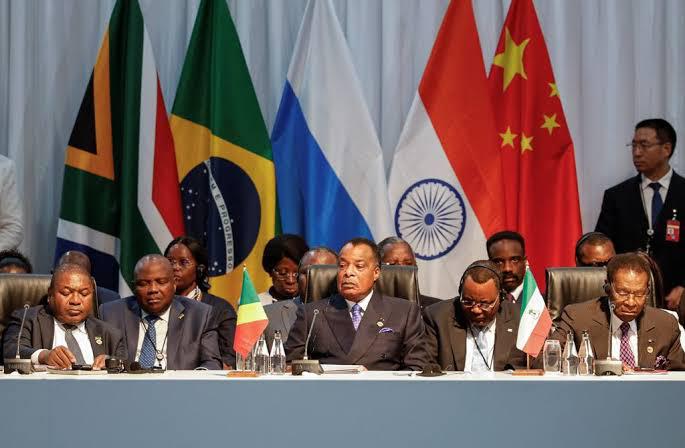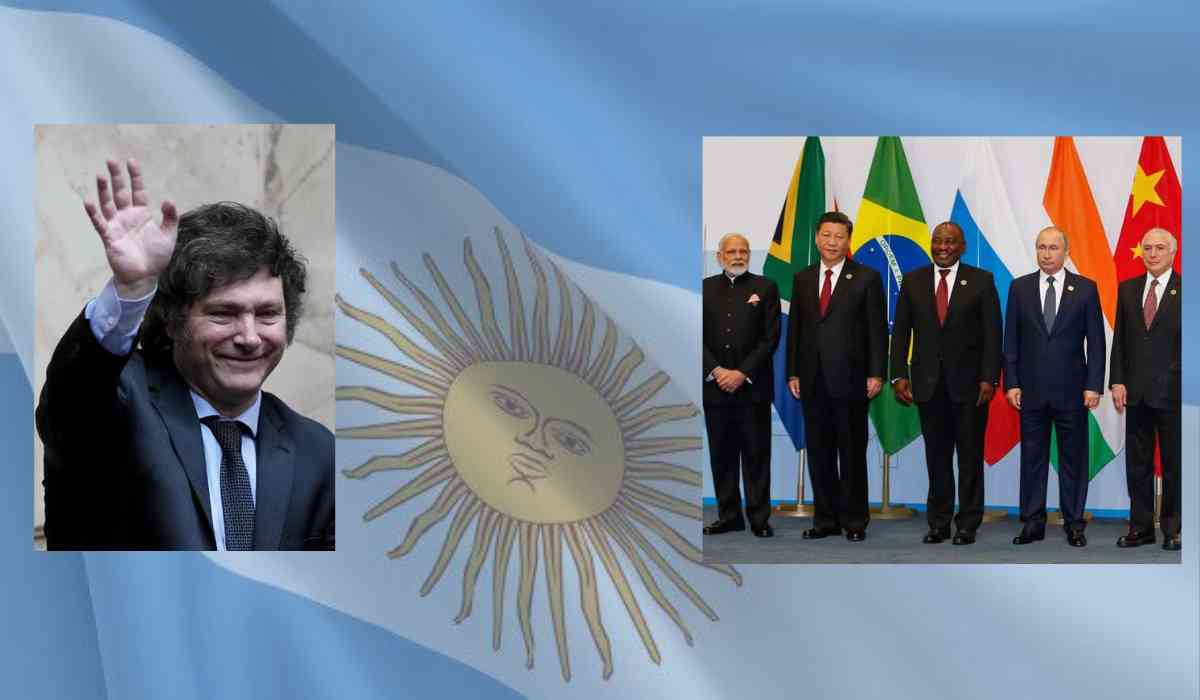Argentine President Javier Milei has officially sent a letter to the leaders of the BRICS nations about his refusal to join the BRICS grouping, consisting of Brazil, Russia, India, China, and South Africa. Milei's predecessor, former center-left president Alberto Fernandez, had supported joining the BRICS alliance, viewing it as an opportunity for Argentina to access new markets.
The BRICS bloc, comprising G20 nations Brazil, Russia, India, China, and South Africa, had previously announced membership to the six new members in August. The scheduled membership of Argentina, Ethiopia, Iran, Saudi Arabia, Egypt, and the United Arab Emirates was set to become effective from January 1, 2024.

The BRICS nations collectively represent around 40% of the world's population and contribute to over a quarter of the global GDP. Additionally, there is notable interest from as many as 14 nations, primarily from Asia, Africa, and the Middle East, in joining this influential bloc.
Published letters from Mr. Milei state that Argentina's membership in BRICS is deemed "not considered appropriate at this time." The newly elected libertarian president, who decisively defeated traditional political parties, is following through on his campaign promise of not joining BRICS.
In his letters, Mr. Milei expressed that his foreign policy "differs in many aspects from that of the previous government. In this sense, some decisions made by the previous administration will be reviewed.
During his election campaign, Mr. Milei asserted, "our geopolitical alignment is with the United States and Israel. We are not going to ally with communists." Throughout the campaign, he criticized countries governed by communism and declared an intention to sever diplomatic ties with them, despite increasing Chinese investment in South America.

Although he initially pledged to cut ties with key trading partners China and Brazil, his approach has shown a more conciliatory tone since assuming office.
Identifying as an "anarcho-capitalist," Milei has introduced measures to deregulate the economy, countering decades of state interventionism.
Upon taking office, he emphasised his economic agenda, asserting that implementing austerity measures and shock treatment is inevitable. He emphasised that his predecessors had left the country financially strained and on a trajectory toward hyperinflation.
©️ Copyright 2023. All Rights Reserved Powered by Vygr Media.
























